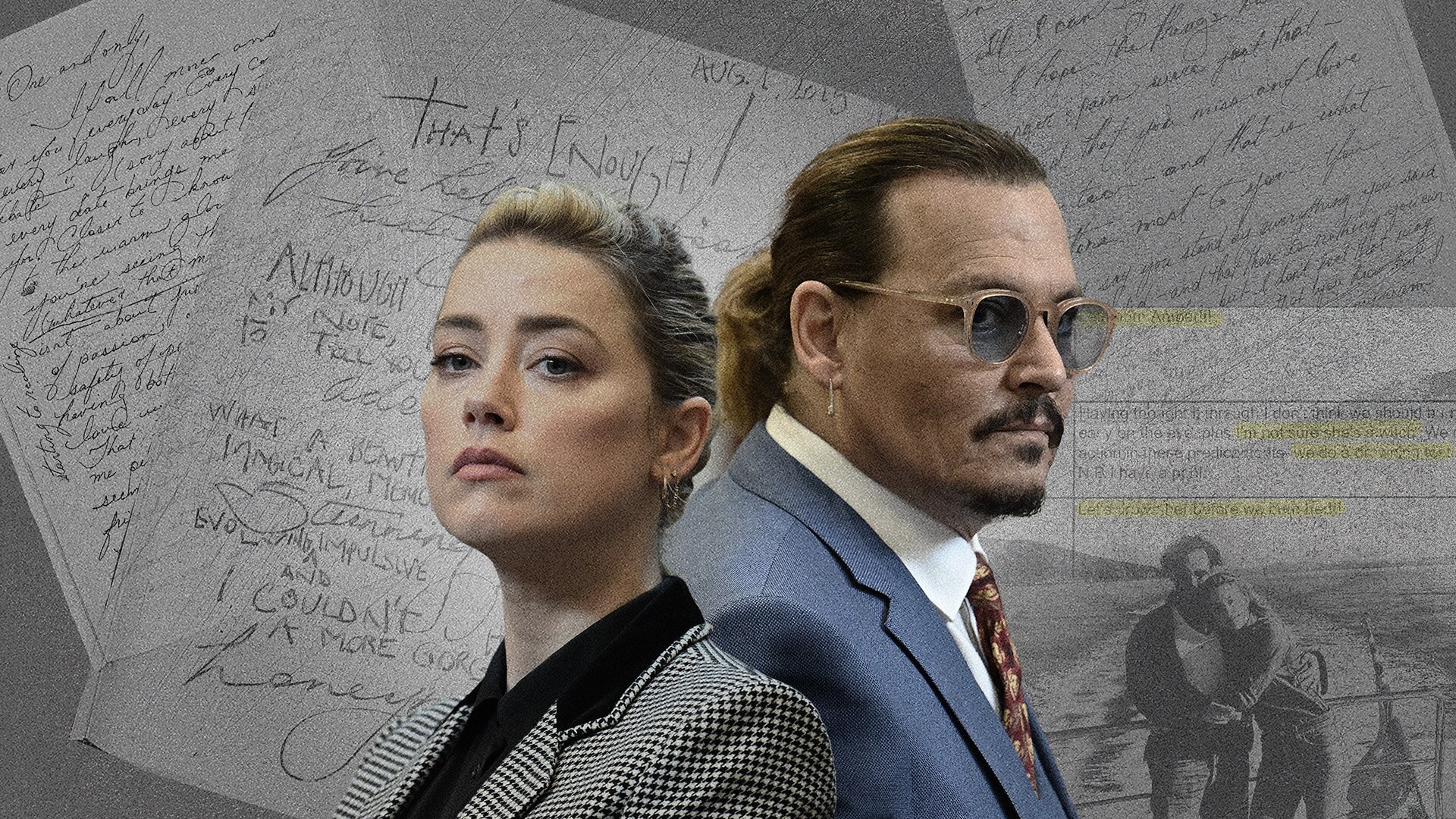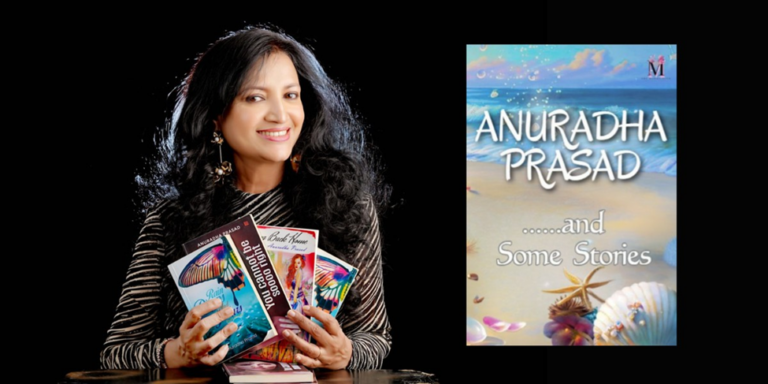
#Depp vs. Heard, pic credit- Channel 4
Depp vs. Heard, the eagerly awaited docuseries chronicling Johnny Depp and Amber Heard’s legal struggle has revealed a convoluted story replete with accusations, denials, and sharply conflicted public opinion. The docuseries, ‘A Marriage on Trial,’ explores the turbulent marriage of the two superstars while revealing the influence of social media on public opinion. It becomes clear that portraying both Depp and Heard as merely heroes or villains is a simplification that fails to capture the true nuances of their relationship as the series unearths new evidence and offers a thorough look at the incidents leading up to and following the couple’s divorce.
Unmasking the Social Media Clowns:
Social media platforms have changed public debate in the digital age and made it possible for opinions to be shared instantly, frequently without the benefit of verifiable facts. In the Depp vs. Heard case, ardent fans of both sides engaged in an internet conflict that frequently eclipsed the actual court hearings. The documentary series focuses on how social media exacerbated the violence and helped to simplify a complicated subject.
The Unveiling of New Evidence:
The docuseries’ presentation of previously unreported material, which casts doubt on the widely held theory surrounding the case, is one of its major achievements. The series revisits significant events and presents new testimonials from witnesses who were not initially involved in the public debate. The risks of drawing conclusions only from skewed media coverage and social media comments are highlighted by this new study. The truth has many facets, and prior biases can make it difficult to see.
Beyond Heroes and Villains:
The personal lives of Depp and Heard are examined in “A Marriage on Trial,” and it becomes clear that reality is much more complex than the straightforward story of a victim and a culprit. In-depth examinations of their psychological interactions in the series shed light on the potentially destructive dynamics that can develop between two people, regardless of their famous position. The constraints of categorizing either group as completely good or evil are highlighted by the portrayal of both Depp and Heard as flawed people.
The Reckoning of Accountability:
The docuseries also sparks a wider discussion on the media’s duty for moulding public opinion and individuals’ role in it. Social media can provide survivors a forum to express their experiences, but it can also support a culture of unjust public trials. The show highlights issues on how journalists, celebrities, and regular users may help spread stories that have a lasting impact on people’s lives.
Conclusion:
In the wake of ‘A Marriage on Trial,’ it becomes evident that the Depp vs. Heard docuseries is not just a showdown between celebrities, but a reflection of a larger societal phenomenon. The impact of social media on public perception, the dangers of oversimplified narratives, and the need for a more nuanced understanding of complex relationships are themes that resonate beyond the celebrity sphere. As viewers grapple with the revelations presented in the series, they are reminded of the importance of critical thinking and empathy in a world where digital platforms can easily blur the lines between truth and fiction.





